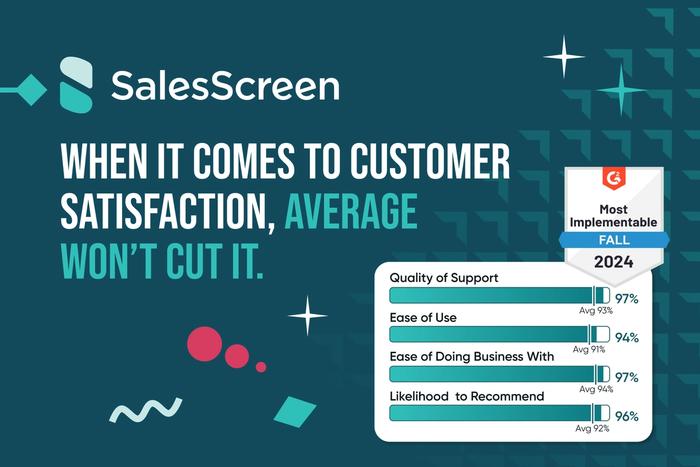Thanks to advances in technology, it’s very common today for companies to hire employees who work from remote locations. This benefits all parties involved:Workers have the flexibility to perform their duties from home, while managers can hire the best talent from around the world.
That said, it’s obvious that managing a remote workforce requires a unique approach. This is especially true if you work in sales. In this field in particular you need employees who are motivated to reach their goals. With a remote team, it’s difficult to provide them with in-office employee appreciation or face-to-face performance appraisals. You must instead find other ways to keep your workers motivated. Here are the best practices to help you do so.
The Importance of Technology
Mobile devices have made it easier than ever to manage a remote workforce. That’s why it’s important to embrace all the features your phone offers.
Don’t limit yourself to calls and texts — use performance management apps like Trello, Google Drive, and Zoom to maintain constant lines of communication with your employees.
These apps help you set goals, monitor progress, and share updates. If an employee isn’t reaching their sales goals, you don’t have to wait for weekly or biweekly updates to find out and make any necessary adjustments.
Three Essential Steps
Although managing a remote team isn’t exactly simple, it’s still possible to distill the recipe for success into three key elements supervisors must focus on. They are as follows:
1. Setting Goals & Tracking Accomplishments
Anyone who has worked in sales already appreciates the importance of setting goals. However, you should also recognize that monitoring and tracking accomplishments is equally important.
According to Professor Francesca Gino, co-author of a recent study on the subject, employees are 30% more productive and substantially more satisfied with their work if they have the opportunity to check off certain tasks as “complete” on their proverbial to-do lists.
2. Asking Questions
Remote teams still need constant feedback. Use your apps to facilitate Q & A sessions, in which you ask your employees any questions relevant to their progress. This will help you identify weaknesses in the organization that need to be addressed before they start affecting your bottom line.
3. Answering Questions
Don’t make the mistake of assuming you know more than your employees simply because you’re their supervisor. You may have overlooked certain issues that your staff are more attuned to. Thus, it’s also necessary to set aside time for your employees to ask you some questions.
Doing so helps you recognize problems before they become more significant issues. It also ensures that your employees feel valued.
This is especially important when you have a remote sales team. If they don’t get the chance to see you on a regular basis, they may not feel as though they have the support that they need. Use your technology to stay in touch, and make it clear that you are available to answer any questions your team members may have.
Staying Efficient
Both in-office and remote teams must be as efficient as possible in the sales business. Make sure you have established schedules for check-ins, Q & A sessions, and any other forms of communication you maintain with your workers. It’s easier to stay on task when processes are clear.
You also need to let your employees know when you’re taking steps to address a weakness. They’ll work confidently and efficiently if they know you’re fixing a problem they have.
By staying consistent and keeping in touch with your sales team, you’ll make sure everyone contributes to the success of your company.
Summary
Having remote teams can be a tremendous advantage in many ways, but in order to make it work, it’s necessary to ensure that you are leveraging the power of technologies and having plenty of good conversations.
Contributor bio:
Rae Steinbach is a graduate of Tufts University with a combined International Relations and Chinese degree. After spending time living and working abroad in China, she returned to NYC to pursue her career and continue curating quality content. Rae is passionate about travel, food, and writing, of course.
Twitter handle: @araesininthesun










